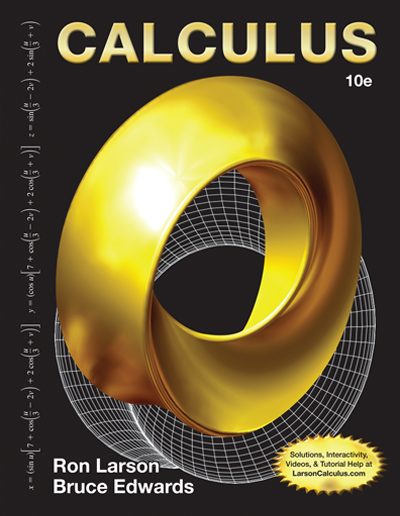James Bernoulli
(1654 – 1705)
James Bernoulli was born on December 27, 1654, in Basel Switzerland. His father, Nickolaus Bernoulli, was descended from four generations of prosperous merchants and pharmacists; James’s mother, Margaretha Schönauer, was the daughter of a banker. Both parents’ families were prominent in local politics.
Like his younger brother, John, whose biography appears in Section 7.5, James abandoned the discipline chosen for him by his father—in James’s case, theology—and devoted himself to the study of mathematics, physics, and astronomy. James traveled extensively throughout Europe, where he met with the learned men of his day, then returned to Switzerland in 1682. He secured a position as a professor of mathematics at the University of Basel in 1687, a post he held until his death in 1705.
James and John were among the first to recognize the potential of the calculus, particularly as developed by Leibniz, and were its most zealous proponents. Working together, the Bernoullis successfully applied the analytical power of the calculus to such difficult problems as the nature of the isochronous curve and the form of a wind-filled sail. The brothers are acknowledged to have been, after Newton and Leibniz, the most important founders of the calculus. Among James’s individual contributions are the invention of polar coordinates; the discovery of the equations of several curves, including the lemniscate, the tractrix, and the logarithmic spiral; and advances in algebra and the calculus of variations.
James Bernoulli’s most significant achievement was his Ars Conjectandi, or The Arts of Conjecturing. Published posthumously in 1713, the Ars Conjectandi is the cornerstone of modern probability theory. Though its fundamental principles were first proposed by Pascal and Fermat, Bernoulli’s elegant and comprehensive treatment dramatically advanced the accuracy and impact of the calculus of probabilities.
Bernoulli died in Basel on August 16, 1705, at the age of fifty.
Links
http://www-history.mcs.st-andrews.ac.uk/Biographies/Bernoulli_Jacob.html
http://www.umass.edu/wsp/statistics/tales/bernoulli.html
References
- Ball, W.W. Rouse. A Short Account of the History of Mathematics. 1908. Reprint. New York: Dover Publications, Inc., 1960.
- Bell, E.T. Men of Mathematics. New York: Simon & Schuster, Inc., 1986.
- Burton, David M. The History of Mathematics. 2d ed. Dubuque, IA: Wm. C. Brown Publishers, 1988.
- Dunham, William. Journey Through Genius: The Great Theorem of Mathematics. New York: John Wiley & Sons, Inc., 1990.
- Eves, Howard. An Introduction to the History of Mathematics. 6th ed. Fort Worth: Saunders College Publishing, 1992.
- Gillispie, Charles Coulston, ed. Dictionary of Scientific Biography. Vol. II. New York: Charles Scribner’s Sons, 1970.
- Simmons, George F. Calculus Gems: Brief Lives and Memorable Mathematics. New York: McGraw-Hill, Inc., 1992.











